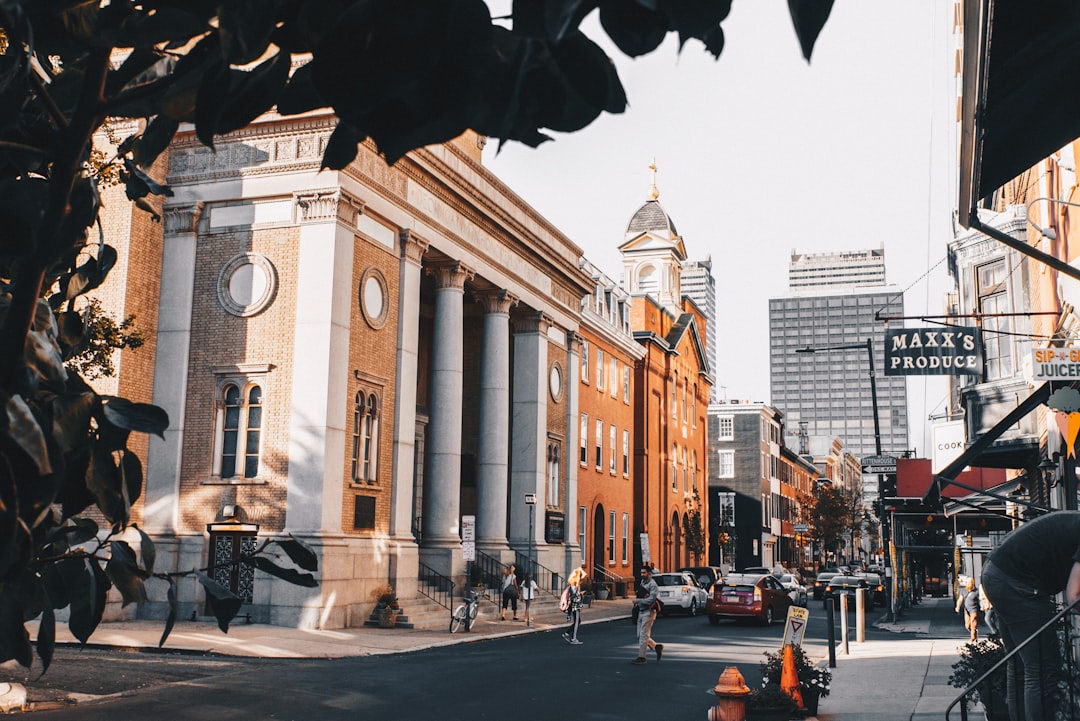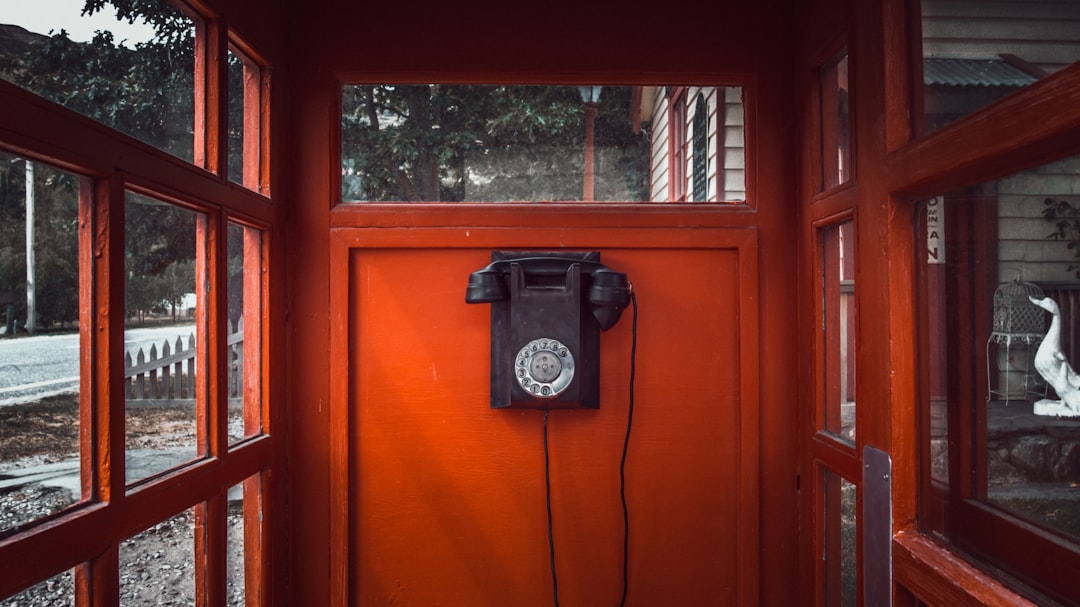Spam calls from law firms using automated systems are a growing problem in Philadelphia, affecting residents' privacy and ability to distinguish legitimate calls. The city has robust legal protections under the Telephone Consumer Protection Act (TCPA) and state regulations, with Spam Call law firm Philadelphia specialists offering help. To combat this issue, a community forum can be organized, inviting local businesses, consumer agencies, and Spam Call law firms Philadelphia. The event should cover Pennsylvania's spam call laws, strategies like do-not-call list registration, and reporting suspicious numbers. Attendees can share experiences and gain practical solutions to reduce unwanted calls, creating a quieter city.
“In today’s digital age, spam calls have become a persistent nuisance, affecting communities across the nation, including Philadelphia. To combat this growing issue, hosting a community forum is an effective step towards empowering residents. This article guides you through organizing a comprehensive forum on ‘Spam Call Prevention in Philly’. From understanding the legal framework and its impact to offering practical strategies, we’ll navigate the key topics essential for a successful event. Engage with your neighbors, share insights, and collectively find solutions with the help of a local spam call law firm.”
Understanding Spam Calls and Their Impact on Philly Communities

Spam calls, often seen as harmless nuisance calls, have a significant and negative impact on Philadelphia communities. These unsolicited phone communications, typically advertising products or services, can disrupt daily life, invade privacy, and contribute to rising frustration among residents. According to recent reports from local telecom authorities, Philly has one of the highest rates of spam call incidents in the nation, underscoring the urgent need for collective action.
Many spam calls originate from law firms, leveraging automated dialing systems to target potential clients across the city. This overwhelming influx of unwanted calls not only causes annoyance but also makes it challenging for residents to distinguish legitimate communications from fraudulent ones. As a result, communities in Philadelphia are left vulnerable to misinformation and potential scams, reinforcing the critical need for an informed and united front against spam call invasion.
Legal Framework: The Role of Anti-Spam Laws in Pennsylvania

In Philadelphia, as across Pennsylvania, the fight against spam calls is supported by a robust legal framework designed to protect residents from intrusive and deceptive communication practices. The Telephone Consumer Protection Act (TCPA), a federal law, sets broad guidelines for telemarketing activities, including restrictions on automated calls and text messages without prior consent. State laws, such as those in Pennsylvania, further enhance these protections, making it illegal for businesses and individuals to make unsolicited phone calls with the intent to harass or abuse.
Philadelphia’s spam call prevention efforts are underpinned by these legal safeguards. Local residents who experience excessive or unwanted spam calls can seek recourse through a reputable Philadelphia spam call law firm. These legal professionals specialize in navigating complex anti-spam laws to hold offenders accountable and provide victims with options for relief, ensuring that everyone in the community enjoys peace of mind from intrusive phone calls.
Organizing the Forum: Steps to Engage Your Community

To organize a successful community forum on spam call prevention in Philly, start by identifying key stakeholders and partners within your community, including local businesses, consumer protection agencies, and law firms specializing in spam call lawsuits Philadelphia. Send out personalized invitations to relevant organizations and individuals, highlighting the importance of the topic and inviting them to share their insights and experiences.
On the day of the forum, create a welcoming atmosphere by ensuring a comfortable setting with clear signage and an accessible venue. Begin with an icebreaker activity to foster engagement among attendees. Introduce the topic and provide a brief overview of the legal aspects related to spam calls, using simple language to ensure understanding. Encourage open discussion and interaction through interactive sessions, Q&A panels, and breakout groups to address specific concerns and solutions tailored to the Philly community.
Key Topics for Discussion: Strategies to Combat Spam Calls

When hosting a community forum on spam call prevention in Philly, engage participants in discussions around several key topics. One critical area is understanding spam call laws specific to Pennsylvania and how they differ from federal regulations. This segment can shed light on legal avenues for addressing these calls.
Additionally, explore effective strategies to combat spam calls, such as do-not-call list registration, caller ID blocking, and reporting suspicious numbers. Encourage attendees to share their experiences and best practices for identifying and blocking unwanted phone communications. A spam call law firm in Philadelphia can also provide insights into the latest trends and legal protections available to residents.
Q&A Session: Addressing Concerns and Solving Problems Together

A community forum on spam call prevention is an excellent opportunity for residents of Philly to come together and address a shared concern. One of the most valuable aspects of such an event is the Q&A session, where attendees can voice their questions and problems directly to experts and fellow Philadelphia residents. This interactive format allows for a deeper understanding of the issue and provides practical solutions tailored to the local context.
Spam call law firm representatives, along with other community leaders, can facilitate this discussion, ensuring that every question is answered comprehensively. Whether it’s clarifying legal rights under the Spam Call laws in Pennsylvania or sharing tips on blocking unwanted calls, the Q&A session empowers attendees to take control of their communication experience. Together, they can navigate the challenges posed by spam calls and develop collective strategies for a quieter, more peaceful Philadelphia.






